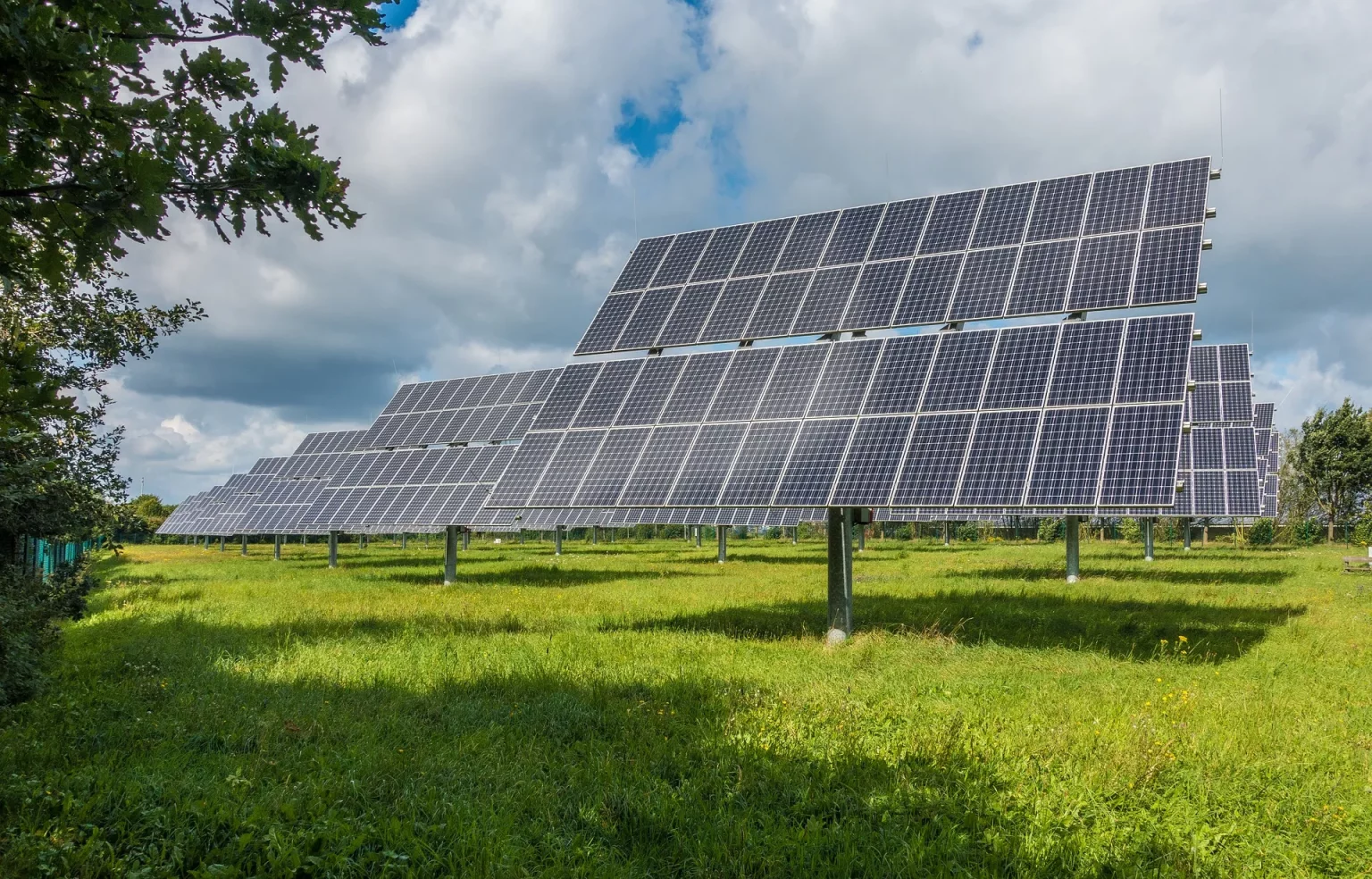Farmers can benefit from solar power in numerous ways, making it a valuable addition to their operations. According to a study published on the website of the United Nations Food and Agriculture Organisation (FAO), here are 10 reasons why farmers need solar power on the farm:
1. Reduced energy costs: Solar panels can generate electricity to power various farm operations by significantly reducing energy bills over time.
2. Energy independence: Solar power allows farmers to produce their own electricity, reducing dependence on external energy suppliers and insulating them from fluctuating energy prices.
3. Lower operating costs: Solar power systems have minimal maintenance requirements, leading to lower operating costs when compared to conventional energy sources.
4. Sustainability: Solar power is a clean and renewable energy source, aligning with sustainable farming practices by reducing the carbon footprint of farming operations.
5. Rural electrification: Solar power can provide electricity to remote or off-grid areas, enabling farming activities in locations with limited access to electrical grid.
6. Irrigation: Solar-powered water pumps can be used for irrigation, making it possible to cultivate crops in areas without access to conventional electricity or water sources.
7. Livestock operations: Solar energy can power livestock operations, including lighting, ventilation, and heating by improving animal welfare and productivity.
8. Income generation: Excess energy generated by solar panels can be sold back to the grid or used for other income-generating activities, providing an additional revenue stream for farmers.
9. Energy storage: Solar power systems can be combined with energy storage solutions like batteries, allowing farmers to store excess energy for use during cloudy days or at night.
10. Government incentives: Many governments offer incentives, tax credits, and subsidies to encourage the adoption of solar power. These incentives can make the initial investment more affordable for farmers. In summary, solar power on the farm is cost-effective, aids energy independence, sustainability, and the ability to improve various farming operations. It’s a smart investment that can benefit farmers; both economically and environmentally while enhancing the overall resilience of their agricultural activities.



